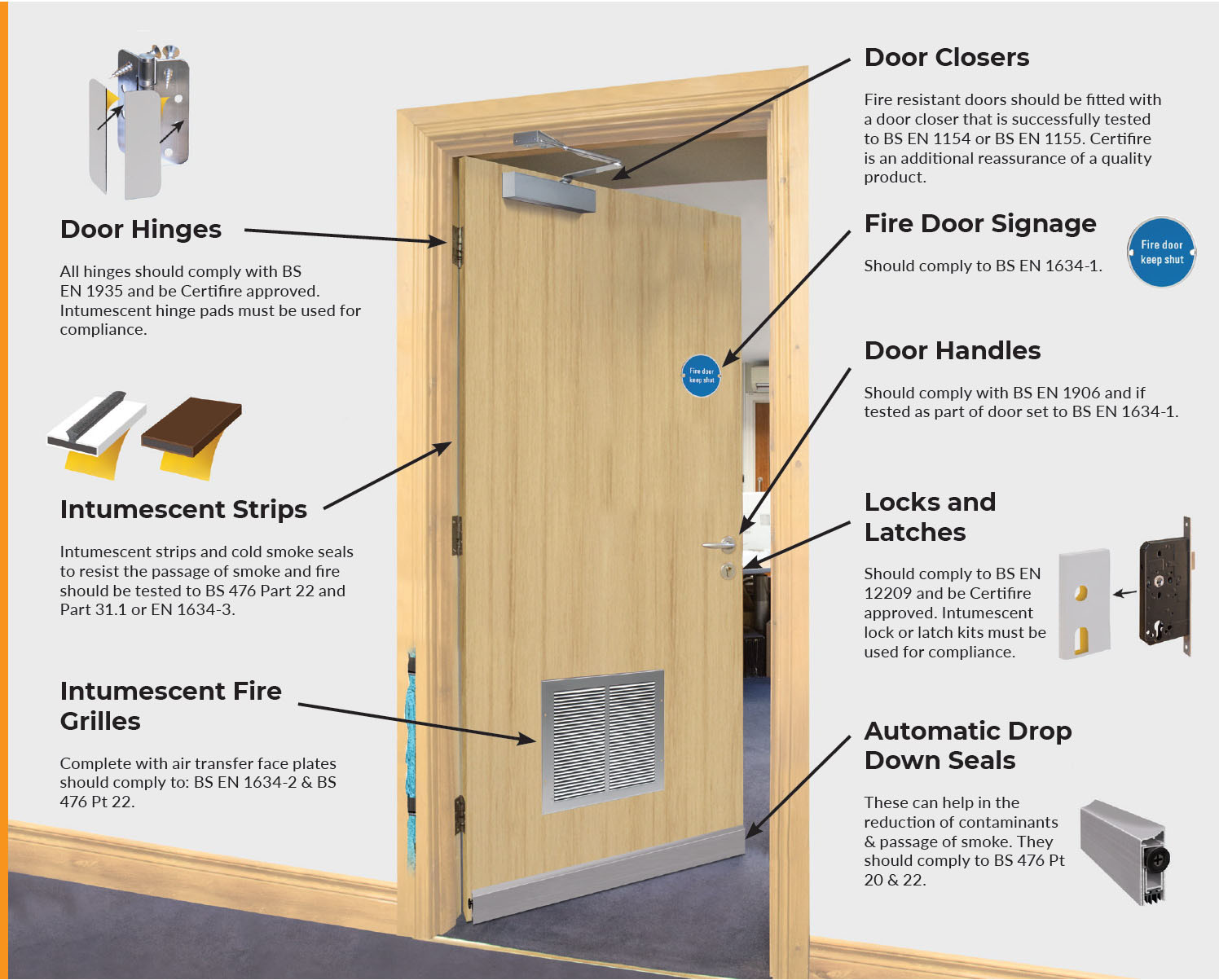Mastering Fire Safety Compliance: Training Explained
Mastering Fire Safety Compliance: Training Explained
Blog Article
From fire alarms to evacuation plans, US offices must comply with strict regulations to minimize risk and meet insurance and legal standards.
We’ll explain why training matters, how to prepare for inspections, and what best practices help businesses stay compliant year after year.
Read on to discover how to navigate certification renewals with confidence.
Why Fire Safety Matters in US Offices
Electrical malfunctions, kitchen mishaps, overloaded circuits, or improper storage can all ignite dangerous workplace fires.
Fire safety in the workplace protects more than just assets—it safeguards employees and visitors from harm.
In the US, workplace fire safety is regulated by a mix of national standards (like NFPA guidelines) and local fire codes.
What Is Fire Warden Training in the US?
Fire wardens act as safety leaders, guiding colleagues to exits, checking on vulnerable individuals, and ensuring no one is left behind.
Training requirements vary depending on local regulations, building size, and occupancy type.
Look for programs aligned with OSHA standards, NFPA guidelines, and local fire codes.
How to Prepare for Fire Safety Certification and Renewals
Certification often includes on-site inspections and review of safety documentation.
To prepare, start by conducting an internal audit.
Keep detailed maintenance records, update training logs, and perform regular fire drills to stay prepared.

Ongoing Strategies for Workplace Fire Prevention
Fire safety isn’t just about passing inspections—it’s about maintaining vigilance every day.
Regular maintenance is critical: schedule monthly checks on fire alarms, smoke detectors, sprinkler systems, and extinguishers.
When fire safety becomes part of the daily routine, employees are more confident, better prepared, and less likely to panic during a real event.
Why Compliance Matters for Liability and Coverage
Beyond regulatory penalties, companies may face reputational damage, employee distrust, and operational disruptions.
Many commercial insurance policies require proof of current fire safety certifications, maintenance logs, and training records.
Investing in compliance is not just about avoiding penalties—it’s about protecting your assets, your team, and your future.

Final Thoughts on Office Fire Safety
Whether you run a small office or a large corporate campus, robust fire safety strategies are a non-negotiable part of doing business.
Fire safety readiness is a powerful signal of professionalism and care.
With the right approach, your company can navigate challenges confidently and ensure a safer, more secure future for everyone.
Your Questions Answered: Fire Safety in US Businesses
Do all staff need fire safety training?
Larger offices may require multiple wardens to cover all floors or departments.
How often should fire safety certifications be renewed?
Renewal periods vary by jurisdiction but are often required every 1–3 years.
What are common causes of office fires?
Common causes include electrical malfunctions, overloaded power strips, kitchen accidents, improperly stored flammable materials, and heating equipment issues.
Why do insurers care about fire safety?
Staying compliant protects both your business and your financial stability.
How do I write an effective workplace fire plan?
A good fire safety plan includes evacuation routes, assembly points, alarm procedures, roles for fire wardens, communication protocols, and equipment locations.
visite o link descubra como Report this page